Growing political tension inside the United Opposition has now turned into a serious test of trust, unity, and direction. The coalition, which has positioned itself as the strongest challenger to President William Ruto’s administration, is facing a widening internal storm that threatens to weaken its ability to compete in upcoming by-elections and the 2027 race.
The latest wave of trouble began after DCP Deputy Leader Cleophas Malala launched strong accusations against Trans Nzoia Governor George Natembeya, saying the governor was secretly working with the government to destabilise the opposition from the inside.
Malala addressed supporters in Kakamega and claimed that Governor Natembeya had allowed himself to be used by the National Intelligence Service to infiltrate and break the unity of the coalition. He said the DAP-Kenya deputy leader was involved in a hidden plan meant to strengthen pro-government candidates in the coming by-elections. Malala argued that Natembeya was crossing county lines not to support the opposition but to cause confusion, especially in the Kisa East MCA contest.
He insisted that the governor had been bribed by President Ruto to interfere with campaigns and weaken the anti-government front.
The DCP deputy leader went on to say that Natembeya was planting conflict between DCP, led by Rigathi Gachagua, and DAP-Kenya, led by Eugene Wamalwa. He described Natembeya as a leader still stuck in his security background, claiming the governor was acting like a government operative rather than an elected politician.
According to Malala, this behaviour was evidence that Natembeya had not adjusted to the expectations of political leadership and was instead following instructions that risked destroying the coalition’s agenda.
These remarks came only days after Eugene Wamalwa dismissed reports that he was considering joining the government. Wamalwa tried to cool tensions by clarifying that no talks were happening between him and President Ruto. He said that many supporters had asked him whether the rumours were true, and even Gachagua questioned him about it.
Wamalwa emphasised that no opposition leader should make private deals with the government and that any engagement must include the entire coalition.Malala also claimed that the government was working aggressively to slow down the opposition’s momentum.
He accused state operatives of bribing leaders and influencing campaigns to avoid losing the upcoming by-elections.
He said Natembeya’s actions in Kisa East were a clear example of this interference, arguing that the governor was not there to support grassroots efforts but to create division and confusion.
To Malala, this was part of a wider operation designed to reduce the influence of both DCP and DAP-Kenya ahead of 2027.
He further warned that Natembeya’s moves were damaging coordination between the two major Western Kenya opposition blocs. Malala insisted that the governor was promoting the government’s agenda and betraying the trust of supporters who expected him to stand firm with the opposition. He said Natembeya’s conduct reflected a leadership style shaped by his former uniformed career, suggesting that he was still following commands instead of embracing open political engagement.
On his part, Wamalwa urged members of the coalition and Kenyans at large to remain alert. He asked them to reject any attempts by the government to divide the opposition and weaken its structure. Wamalwa stressed that their shared mission remains to challenge President Ruto in 2027 and that unity is the only way they can succeed. He said the opposition has the strength and support to unseat the president, but only if leaders stay loyal and avoid actions that undermine the coalition’s stability.
The growing tension now places urgent pressure on both DCP and DAP-Kenya to restore trust and prevent further cracks.







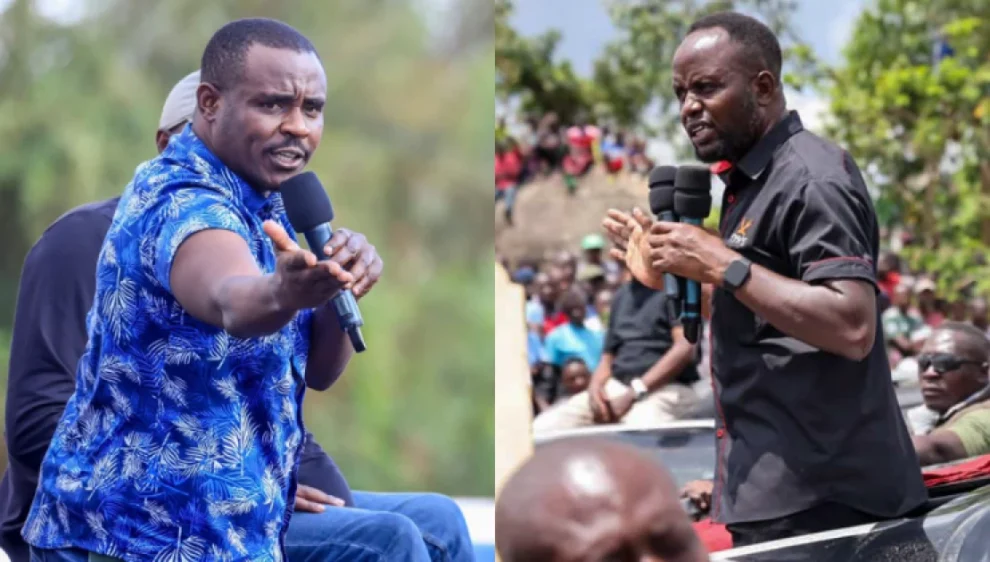
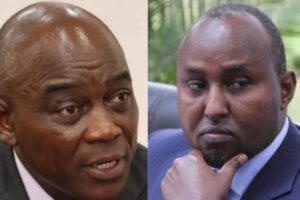
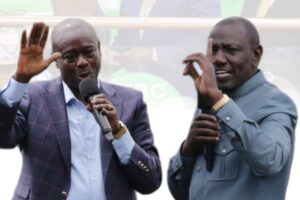
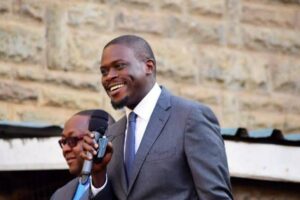
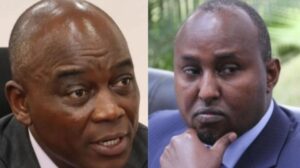
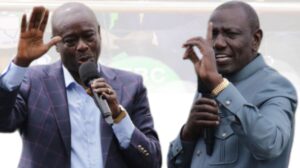
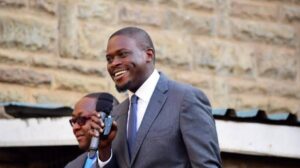
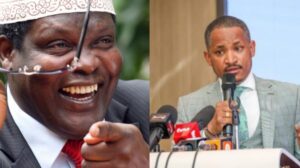

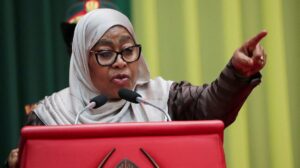
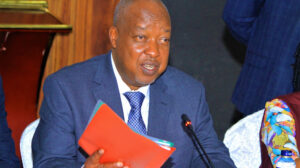

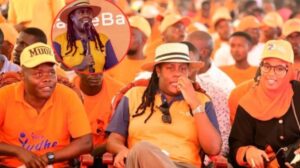
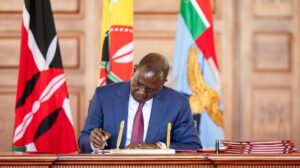
Add Comment